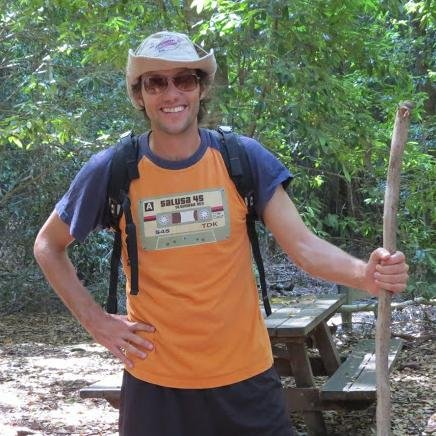Thoughts and Opinions on ADASS XXVI Day 2
_ These are a few random thoughts and opinions about my day. As today, they are not even really about ADASS although being at ADASS along with recent events has focused a few of these thoughts. _
Without a doubt and apologies to the great talks today, the best part of Day 2 of ADASS was the Low Latency Concert ‘A Tribute to W. A. Mozart’ at the Tartini Conservatorio. At the concert, an orchestra in Trieste was connected to a piano player in Ljiubljani via a low latency connection – basically one of the best video/audio conference facilities in the world. It was a great example of something that astronome’s talk about all the time: how by-products developed in research projects can have far greater benefits to society. In this case, it is a network to allow musicians to play together at speeds and fidelity that the audience can not tell that they are in different places allowing them to share their art. It was a beautiful concert played by talented, young musicians located in different places.
Some of the benefits from this technology are immediate: the ability for musicians to collaborate, to share their work to a wider audience, and to save the cost and impact of travel. However, many of these benefits to greater society will only show up later and likely in ways we will not notice it: Improved teleconferencing and immersive environments where perhaps we will not need to travel to conferences to be in the same place. This will amplify the ability to disseminate information especially as costs drops making it far more accessible.
And then, sitting there, listening to a beautiful Mozart concert, I thought of the rest of the world. It is, now, the immediate, accessibility of information that is helping us to learn about the world. The horrors in Syria. The atrocities occurring regularly in the American justice system. The subtle and not so subtle biases our friends, family, and colleagues face. The long, painful impact of colonialization. The reality of climate change. The previously hidden opinions of the powerful and privileged. Astronomy can take our perspective away from the world, but at the same time, it can bring it into much starker contrast as well.
This was compounded by a statement from a colleague today and something that comes up often: ‘How can we justify spending so much money on a telescope?’ I had stepped out of ADASS during the afternoon to join, by skype, a meeting occurring in South Africa, about building new facilities. With the current protests by students, slow transformation, and millions in poverty, I, without a doubt, feel conflicted to say the least. I have the privilege of doing something I love in a place I find beautiful filled with amazing people, while surrounded by too many problems to even count. The money spent on telescopes, on astronomy, and even me, could be going more directly to immediately improve the lives of South Africans (not to mention the ever present personal conflict that I have a job that a South African could have).
There are good reasons to build new telescopes. At a fundamental level, we can learn something new that will improve lives. Although we were listening to music from over 200 years ago, some of the technology that made it possible could be traced to fundamental physics uncovered during the intervening time due to astronomical observations.
We build new telescopes to help train the next generation of astronomers and engineers. This both helps in terms of enabling people to make the next great discovery, but also to engage with cutting edge technology. One of the organizers of the concert was trained in astronomy and physics before developing new web technologies and infrastructure to allow the concert to be possible. Also, new infrastructure provides employment opportunities in meaningful work.
However, at the same time, someone asked me tonight “So what are you getting out of ADASS?” The cost of this conference for me could pay the fees for one year at UCT for a student. Is it worth it? There is no chance that my four days here are worth as much as one year of University to someone. I have my own selfish reasons for being here and it is incredible hard to quantify the values of the connections that are built, the introduction to new technologies and techniques, or conversations with collaborators. The value of conversations about better ways to operate a telescope, methods for following up LSST discoveries, or better spectroscopic reductions techniques are hard to quantify especially before they are translated into real actions. Also, meetings like this are a great opportunity for me to learn new technologies and methods.
Working in astronomy fulfills many different needs. It supports me. It allows for personal growth and satisfaction. It benefits society directly through training and new technologies, and indirectly through new discoveries that we hope, one day, will revolutionize the world. However, I do need to prioritize my work and efforts in ways that will make, and hopefully continue to make, a meaningful impact.
